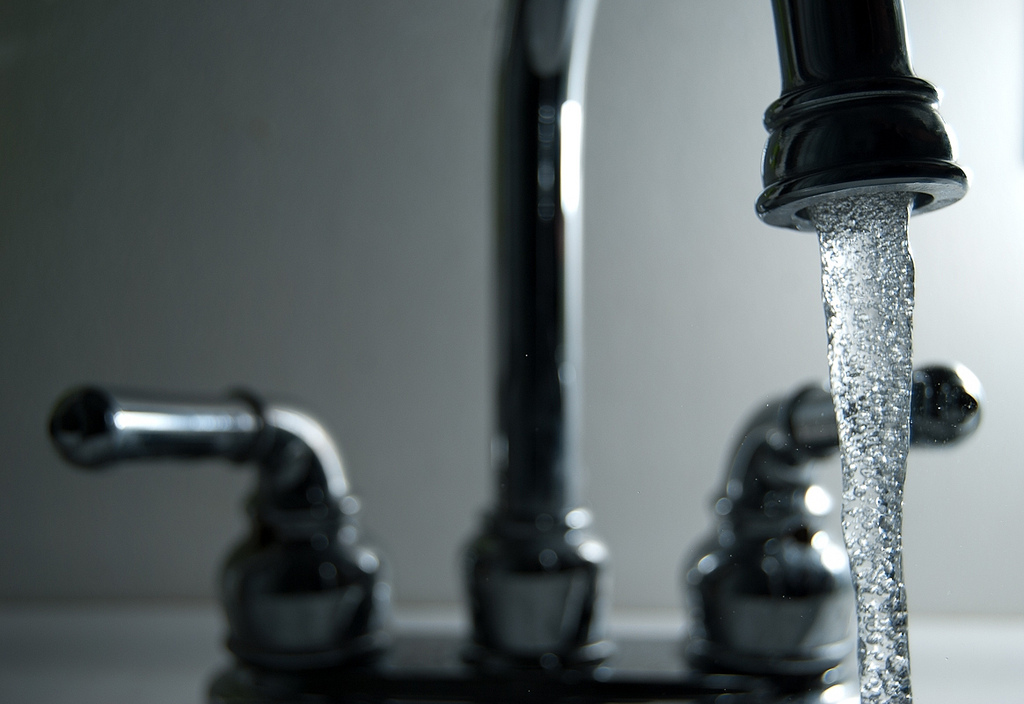Since launching its water test kits in August 2017, Tern Water tested some 200 tap water samples from seven states as part of its Know Your Water offering. Half of those tests were conducted in Philly. The results are in: 90 percent of the 200 samples had at least one “risky” contaminant.
The results show 60 percent of samples had some level of chromium-6 (also known as hexavalent chromium) a substance known to cause cancer. Fifteen percent of samples had risky levels of chlorine, while another 40 percent showed high levels of fluoride.
Hexavalent chromium gained notoriety as the pollutant in the 2000 film Erin Brockovich.
Now, mind you, there’s a certain level of debate on what constitutes a safe level of the contaminant. Per the Environmental Protection Agency, the maximum amount of total chromium (that includes chromium-3 and chromium-6) in drinking water is 100 parts per billion (ppb). California, one of the few states to establish legal chromium limits, set the bar at 10 ppb for chromium-6.
D.C.-based nonprofit Environmental Working Group, sounded off in 2016 about similar results in the water. In Philadelphia, tap water showed 0.39 parts per billion, according to EWG’s independent tests. Tern Water’s results from the seven states it tested came in at a higher average level: 12 ppb. One sample came in at an unsafe 103 ppb.
Per Tern Water’s Philly samples obtained by Technical.ly, the contaminant was found at an average of 8 ppb, with the highest sample coming in at 35 ppb.
“Neighborhoods like Rittenhouse Square in Philadelphia, PA that we originally assumed would have the best water, also showed some high levels for Hardness, Chlorine, and Chromium-6,” the company wrote in press release.
Our latest press release on the new findings of "Know Your Water". https://t.co/pvbkQaCYeS pic.twitter.com/33S2PXwXKM
— Tern (@TernWater) January 30, 2018
“Water samples from just a street apart are reporting differences with chlorine, lead, and chromium levels due to their building’s infrastructure,” said Tern Water CEO and founder Mohamed Zerban. “Though some differences are more critical than others, it goes to show the importance of direct at the source water testing to understand a home’s potential water problems and how to fix them preemptively.”
What can people do? Unfortunately, and as per usual, there are no good options for poverty-stricken households, who are most frequently exposed to unsafe water: buying bottled water, using in-home filters that remove chromium-6, replacing the filters regularly and periodically testing water.
Join our growing Slack community
Join 5,000 tech professionals and entrepreneurs in our community Slack today!
Donate to the Journalism Fund
Your support powers our independent journalism. Unlike most business-media outlets, we don’t have a paywall. Instead, we count on your personal and organizational contributions.

RealLIST Startups 2025: Meet 20 Philly startups hot on the track to success

Half of Pennsylvania’s federal buildings are set to be sold under Trump admin plan

Biotech startups are still winning federal grants, accelerator founder says — but the money is taking longer to trickle in

